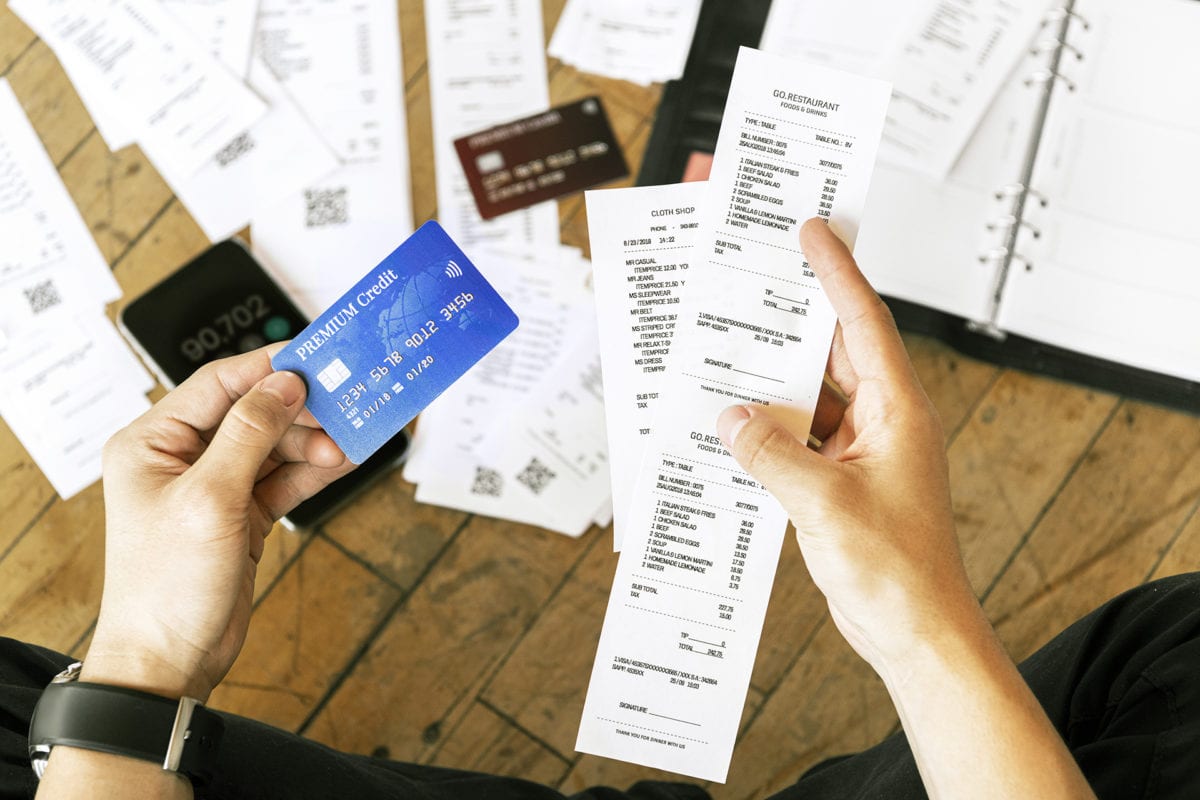“He who loses money, loses much; he who loses a friend, loses much more; he who loses faith, loses all.” –Eleanor Roosevelt
Something really bad has just happened.
Maybe you got into a driving accident and now your car is totalled. Maybe your house was broken into, and someone made off with all your electronics–your TV, your computers, your smart speakers. Maybe your grandmother just died, or you got laid off at work, or your electric wheelchair broke down.
First of all, we’re so sorry. Secondly–amid taking care of yourself, physically, mentally and emotionally–here’s how to take care of yourself financially and make sure bills are the least of your worries.
- Do a full accounting of your losses. Sit down with a pen and paper, or a spreadsheet on your computer, and work out exactly how much the setback will cost you. If you’re suffering from a car accident, add up how much it’ll cost to repair (or replace) the car; if you’re dealing with a home burglary, assess the property damage and the total value of the items that were stolen. Auto and homeowner’s insurance can cover some of these costs, but your premiums may also be affected; get out the paperwork for those, too, as you file your claims. It’s worth noting here that it’s always a good idea to ask people for advice and support. If you’re planning a funeral, there are resources online and in your area that can help; if you’re out of work, services across Canada (Ontario, Alberta, and Nova Scotia, to name a few examples) can give you a hand while you apply for EI benefits. Don’t be nervous or ashamed to reach out–there are many, many people out there willing to help.
- Sit down with your budget. You should already have a monthly budget for your regular expenses; if you don’t, now’s a really, really good time to start.
Take a look first at how much you have in your savings, and if they can cover the cost of the crisis, and then at your spending: how much you spend on needs (mortgage/rent, utilities, groceries, transportation) and how much you spend on wants. If your savings can cover the costs of the setback, well and good, though it’s a good idea to work on replenishing them as soon as possible; if not, see what bills from the crisis are most urgent to pay and work out a payment plan with your monthly income. - See where you can trim money in your budget to put back into savings and/or cover costs. If your savings can cover what you’ve lost, you’ll want to top them up again so that your financial goals (retirement, vacations, home ownership) are within reach–or in case another emergency happens. If not, you’ll need to figure out a way to pay the total costs in step 1 as urgently as possible. Either way, it’s time to look at the ‘wants’ part of your budget. Your ‘needs’, well, need to be covered: keeping a roof over your head and the lights on, putting food on the table, getting around (either by bus, bike, car or train). Internet access is arguably a priority, given the nature of email contact and online bills/job applications, though some will also argue that you can use the computers at your local library. Look at your budget to determine what you need, and then see if you can cut back on any of your wants: maybe canceling a streaming service that you’re not using, or membership for a gym you haven’t gone to. Cutting back isn’t forever–and if there’s a ‘want’ you absolutely can’t let go of, that’s completely understandable–but extra money in the bank will help rebuild your savings and give you more peace of mind.
- See if you need to make more money. In the same vein as above–and it does sound obvious–see if you can make more money to cover costs and fill up your savings. Maybe you can put in some extra hours at work or start a side hustle (the Edge Leaders Magazine has many, many articles about starting your own business). Maybe you can sell off some things you’re not using. And maybe–if your credit is good and you can handle the repayments–you can consider taking out a loan, either from friends or family or by talking to a financial advisor.
An unexpected setback with your money can be devastating–it can be anxious, exhausting, constantly stressful as you struggle with bills and penny-pinching. But it’s not the end. There are ways to cope and recover and get back on your feet with your finances in the same–or a better–spot than before.
Gillian Robinson | Contributing Writer




















